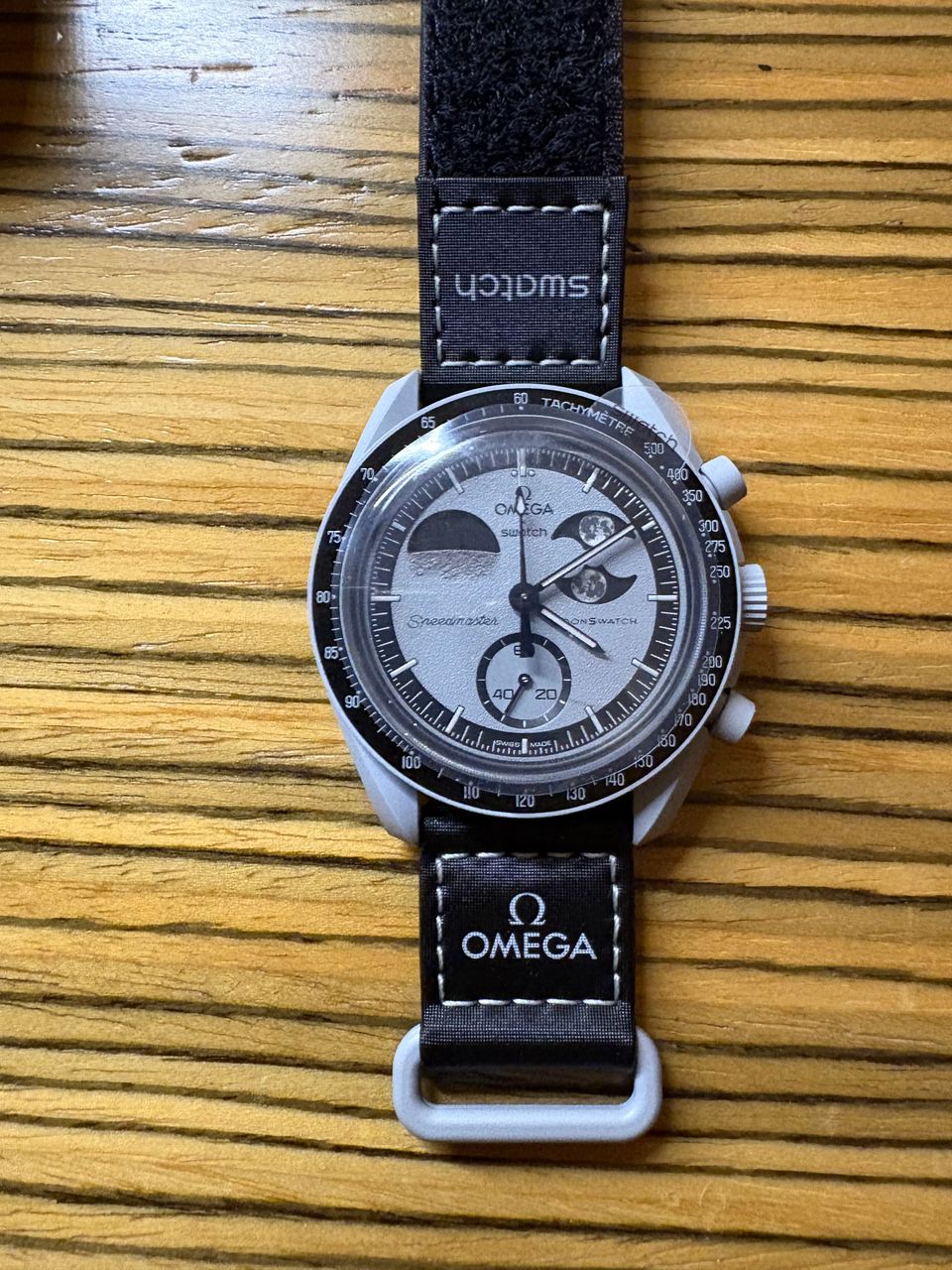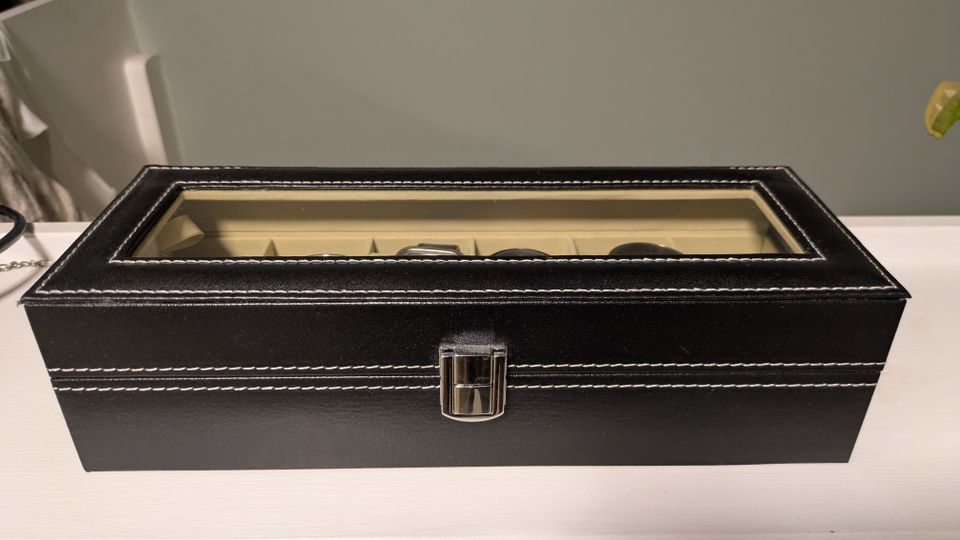Bildegalleri
Milton & Rose Freiedmann«Free to choose»
Beskrivelse av varen
Tilstand: Pent brukt – I god stand
Free to Choose: A Personal Statement by Milton and Rose Friedman, first published in 1980, is a seminal work on free-market economics and personal liberty. The book presents the Friedmans’ strong defense of economic freedom, arguing that it is essential for political freedom and societal well-being. Throughout the book, they advocate for limited government intervention in markets, explaining that individuals should be free to make their own economic choices with minimal interference from the state.
Key Themes of Free to Choose:
Economic Freedom as a Pillar of Prosperity:
The Friedmans argue that economic freedom, where individuals are free to buy, sell, and engage in voluntary transactions, is the foundation for prosperity. They claim that the more a society embraces free-market principles, the more it thrives, as shown through historical examples of countries with greater market liberalization.
The Role of Government:
The book critiques extensive government involvement in the economy. The Friedmans believe that government interventions, such as regulations, subsidies, and welfare programs, tend to distort markets, create inefficiencies, and limit personal freedoms. They advocate for minimal government, restricted mainly to enforcing contracts and protecting property rights.
Education and School Choice:
Milton and Rose Friedman champion school choice, proposing the use of vouchers to allow parents to choose which schools their children attend, whether public or private. They argue that introducing competition into the education system would improve its quality and efficiency, much like competition drives innovation in markets.
The Welfare State and Dependency:
The authors argue that welfare programs often create a dependency trap, where individuals rely on government assistance instead of seeking self-sufficiency. They suggest that these programs discourage personal responsibility and initiative, and call for reforms that would limit government-provided welfare.
Inflation and Monetary Policy:
The book discusses how inflation is primarily a result of excessive money supply created by governments and central banks. The Friedmans argue for a monetary policy based on a steady increase in money supply, avoiding the boom-and-bust cycles caused by erratic government interventions in the economy.
Global Trade and Capitalism:
The authors defend free trade and capitalism as engines of global prosperity, stating that barriers to trade, like tariffs and protectionism, harm both domestic and international economies. They advocate for open, competitive markets where trade can flow freely.
Influence and Legacy:
Free to Choose had a profound impact on economic thinking, especially in the context of the 1980s and 1990s, influencing policymakers like Ronald Reagan and Margaret Thatcher. It helped popularize libertarian economic ideas, emphasizing individual choice, personal responsibility, and the dangers of government overreach.
The book is accessible to a broad audience, not just economists, and is often praised for its clear, persuasive prose. Milton Friedman, a Nobel Prize-winning economist, and his wife, Rose, effectively combine personal anecdotes, historical examples, and economic theory to make their case for a freer, more market-driven society
Du må være logget inn for å se brukerprofiler og sende meldinger.
Logg innAnnonsens metadata
Sist endret: 12.12.2024, 17:50 ・ FINN-kode: 374072654










